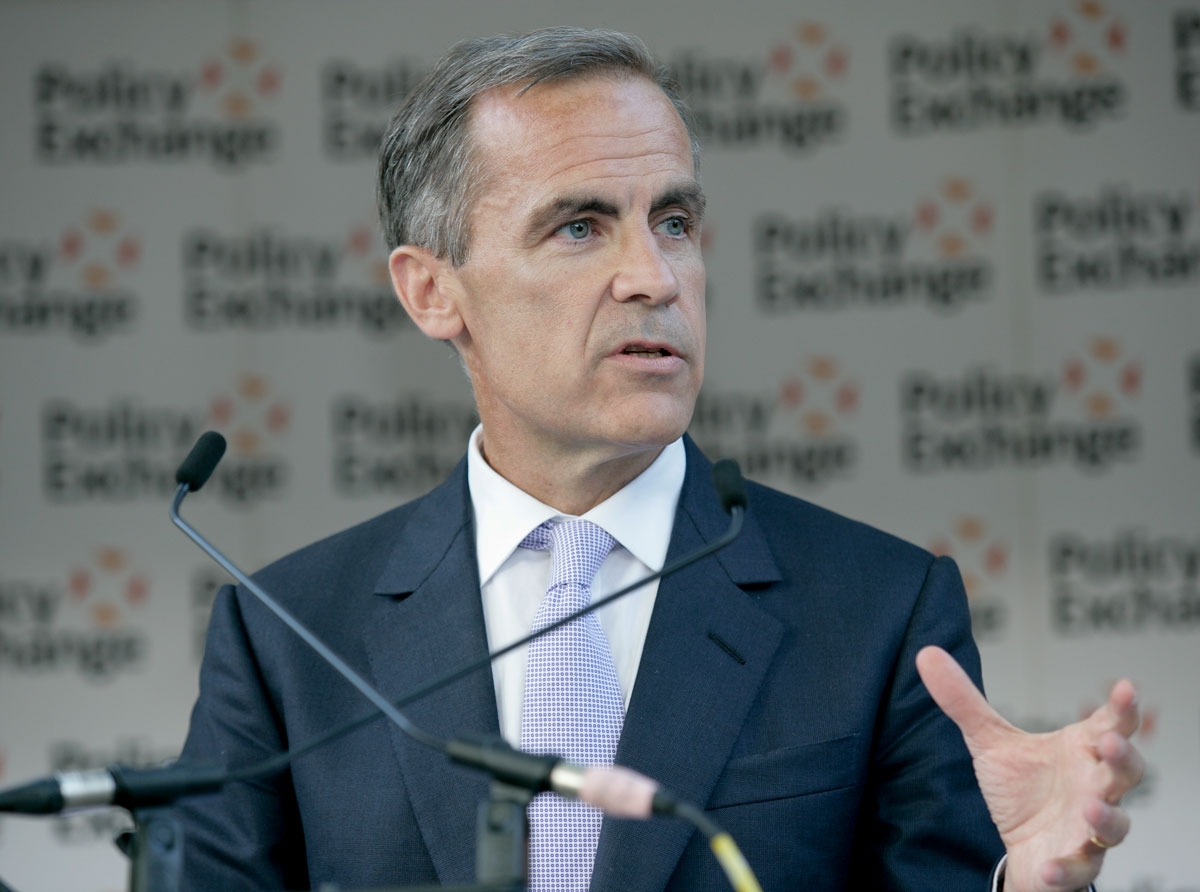Business
The Honda Civic Still Number One in Canada
Canada strikes back: New tariffs on the automobile industry and industry challenges

Yesterday afternoon, President Donald J. Trump announced new tariffs on imports from global trade partners. The executive order includes a 20 percent tax on products from the European Union, 34 percent on Chinese exports, and a minimum of 10 percent on exports from most other countries.
Although Canada is exempt from these new measures, existing tariffs remain in place, including a 25 percent tax on steel and aluminum, as well as a new 25 percent tax on foreign-made vehicles that takes effect today.
Canadian cars and parts that comply with the CUSMA benefit from temporary exemptions on some of these taxes, but not all. The United States is setting up a system to assess U.S.-made content in foreign cars, which could exempt that portion by May 3. However, the policy remains unclear and could destabilize the automobile industry in both countries. We encourage you to consult your customs broker or trade advisor for additional assistance and to ensure compliance.
Canada’s Response
Prime Minister Carney announced that the government would respond to the U.S. tariffs by imposing 25 percent taxes on all vehicles imported from the United States that do not comply with the Canada–United States–Mexico Agreement (CUSMA), as well as on the non-Canadian content of CUSMA-compliant vehicles from the United States. He added that these taxes will not affect auto parts, referring to the integration of our production system.
He clarified that previously announced retaliatory tariffs will remain in effect.
Canada will create a framework allowing Canadian automotive manufacturers to receive partial exemptions from countervailing taxes as long as they maintain their production and Investments in Canada. Carney specified that every dollar generated (estimated at around $8 billion) by these countervailing taxes will go directly to workers and businesses in the automobile sector affected by the tariffs.
Impact on the Industry
Stellantis is suspending production in Windsor and Mexico and laying off 900 workers in six U.S. plants.
The Windsor plant will be closed for two weeks starting April 7, affecting 3,200 employees.
Prime Minister Carney warned that U.S. tariffs could extend to Canadian lumber, pharmaceuticals, and semiconductors.
A meeting of the premiers is scheduled for today to discuss Canada’s response.
Remission Process for Canadian Businesses
The government is reviewing tax remission requests for U.S. products when no domestic alternative is available or when economic harm is severe. Only businesses registered in Canada can apply, and all applications must meet strict criteria.
Submit applications to:
Subject line: “U.S. Remission”
Deadline: As soon as possible
Since this process is intended for businesses, not industry associations or unions, AIA Canada cannot submit a request directly. However, we are actively monitoring the situation and will provide updates as they become available.
For questions or to provide feedback, please contact:
Emily Holtby
Vice President of Government Relations, AIA Canada

L'Automobile Magazine
News
Business Directory



 En
En  Fr
Fr 


